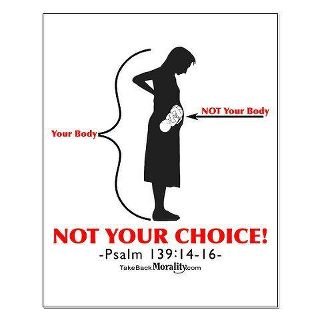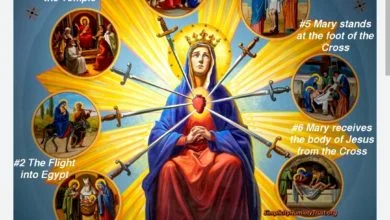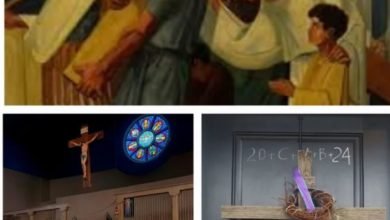Commission on Accountability and Policy for Religious Organizations Appoints Panel Members
ECFA Leading National, Independent Effort to Review, Provide Input on Accountability and Policy Issues Affecting Such Groups
WINCHESTER, Va., Sept. 8, 2011 — Representatives from religious groups, the broader nonprofit sector and the legal community have been appointed to a trio of panels that will work with the Commission on Accountability and Policy for Religious Organizations, the commission announced today.
The Commission on Accountability and Policy for Religious Organizations was formed following a staff report issued in January by U.S. Sen. Charles Grassley (R-Iowa) that focused on the financial practices of six high-profile media-based Christian ministries. After releasing the findings of his three-year inquiry, the senator asked ECFA (Evangelical Council for Financial Accountability) to spearhead an independent national effort to review and provide input on major accountability and policy issues affecting religious and other nonprofit organizations.
According to ECFA President Dan Busby, a total of 66 members has been named to the three panels by commission chairman Michael Batts. The panels are each expected to meet twice in Washington, D.C., in addition to participating in other ways. Members of the three panels will work together with the commission by providing input and proposals on the issues.
The Panel of Religious Sector Representatives is composed of 25 leaders from a variety of faiths, including but not limited to Protestant Christianity, Roman Catholicism, Islam and Judaism. For this panel and thePanel of Nonprofit Sector Representatives, made up of 18 individuals, special emphasis was placed on engaging those who represent large segments of their respective faith groups and the nonprofit sector to facilitate broad representation. The 23 members of the Panel of Legal Experts have extensive experience in the arena of exempt organizations, religious organizations and/or constitutional law.
Lists of panel members and their affiliations are posted at https://www.religiouspolicycommission.org/panels.
“The men and women comprising these panels are all experienced leaders representing various faith groups, various elements of the nonprofit sector and the legal profession,” Batts said. “Their participation in addressing the important issues before the commission is essential to the effectiveness of the process, and we are deeply grateful for their willingness to serve.”
Issues before the commission include whether:
- churches should be more accountable to the federal government;
- legislation is needed to curb perceived abuses of the clergy housing allowance exclusion;
- the current prohibition against political campaign intervention by churches and other nonprofits should be repealed or modified;
- the rules for determining the reasonableness of nonprofit executive compensation should be tightened;
- penalties should be expanded for nonprofits and their leaders who engage in prohibited activities.
In addition to the panels’ participation, the commission is also receiving input from the Internal Revenue Service, town hall meetings and other informal channels.
The commission also announced it has selected two prestigious law firms, Holme Roberts & Owen (HRO) and Holland & Knight (H&K), to provide independent technical analysis and research for the commission. Stuart Lark and John Wylie are lead attorneys from HRO and are based in the firm’s Colorado Springs, Colo., office. Nathan Adams is lead attorney from H&K and is based in the firm’s Tallahassee, Fla., office. Both firms have agreed to serve on a pro bono basis.
ECFA, founded in 1979, provides accreditation to leading Christian nonprofit organizations that faithfully demonstrate compliance with the ECFA standards pertaining to financial accountability, fundraising and board governance. For more information about ECFA, including information about accreditation and a listing of ECFA-accredited members, visit https://www.ecfa.org or call 1-800-323-9473 .




